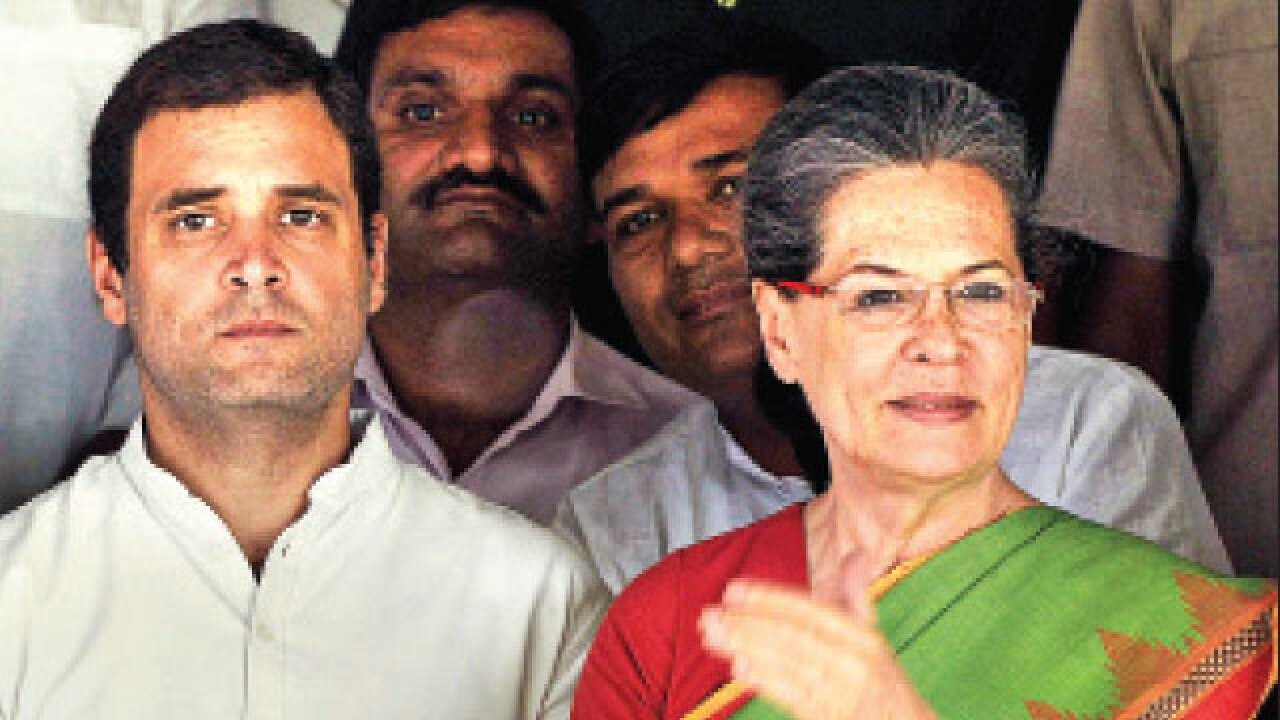
The intensifying dissidence in the Congress party’s state outfits can be traced back to the vacuum in the party’s central leadership. Upstaged at the Centre after 10 years, reduced to just 44 seats in the Lok Sabha, and gingerly clinging to power in six Indian states, the Congress is yet to move forward from the debacle of 2014. The party is still debating the merits of Sonia Gandhi continuing as Congress president even as her son, Rahul Gandhi, appears to have assumed more organisational responsibilities. Caught between the old guard, who are uncomfortable with Rahul’s working style, and Rahul’s indecision on effecting a change of guard, the sense of directionless at the central level was bound to reflect in the states. Regional dissidents, who were once content to petition the high command and wait patiently for redress, are losing patience with a preoccupied and crisis-ridden central leadership. The rebellions of Himanta Biswa Sarma in Assam, Kalikho Pul in Arunachal Pradesh, and Vijay Bahuguna in Uttarakhand, were no aberration.
The exit of former Chhattisgarh chief minister Ajit Jogi, senior Maharashtra leader Gurudas Kamat, and six of Congress’ 10 Tripura MLAs reveals the fractured relationship between the party and its leaders in the states. Many of these leaders were waiting to see how they figured in the future plans of the new Congress leadership. But Rahul Gandhi has had a tough time picking a team that he can lean on. Like Rahul himself, most leaders in the Congress are short on confidence and stature. In contrast, those with experience have lost their connect with the grass roots. With Rahul Gandhi not communicating to the party rank and file his future plans or the party’s revival strategy, the gulf between the party and its regional leaders, especially the local dissidents, has widened. In this context, the reported move to revive the Parliamentary Board, to undertake the day-to-day decision-making for the central leadership, is an interesting move.
These decisions will then be relayed to the AICC general secretaries who will be tasked with implementing them. Before Sonia Gandhi’s ascent, the Parliamentary Board, like the Congress Working Committee, was an important party organ but lost relevance after a group of senior Congress leaders under Ahmed Patel started guiding the President and party policies. The Parliamentary Board will also help Rahul bridge his differences with the old guard by accommodating many of these senior leaders. The forum will address the party’s current difficulties with countering the factional troubles in state units, something that Rahul has failed to do, and allow him to focus on the more pressing issues of reviving the party organisation. However, it remains to be seen how this shift towards collective leadership will work. There will be no dearth of Congress leaders who will prefer to open direct channels of communication with Rahul rather than approach a clutch of ageing leaders with little clout outside Lutyens Delhi.
This could put a strain on the arrangement and render the Parliamentary Board irrelevant again, as had happened when Sonia Gandhi assumed absolute control over the party. Nevertheless, even if this body can function for a short duration, it could be a transitional vehicle, that helps to rectify the overt dependence on the Gandhi family. Such a body is sorely needed, if only to dispel the impression that the Congress party is in a state of suspended animation, even as Rahul Gandhi takes his own sweet time in assuming the party presidency. In the states that the Congress is the main opposition party -- and there are many such states -- the party has a fair chance of making a strong recovery. But unless a semblance of organisational cohesion and programmatic clarity emerges, the Congress party’s grip on the national imagination will slip further.